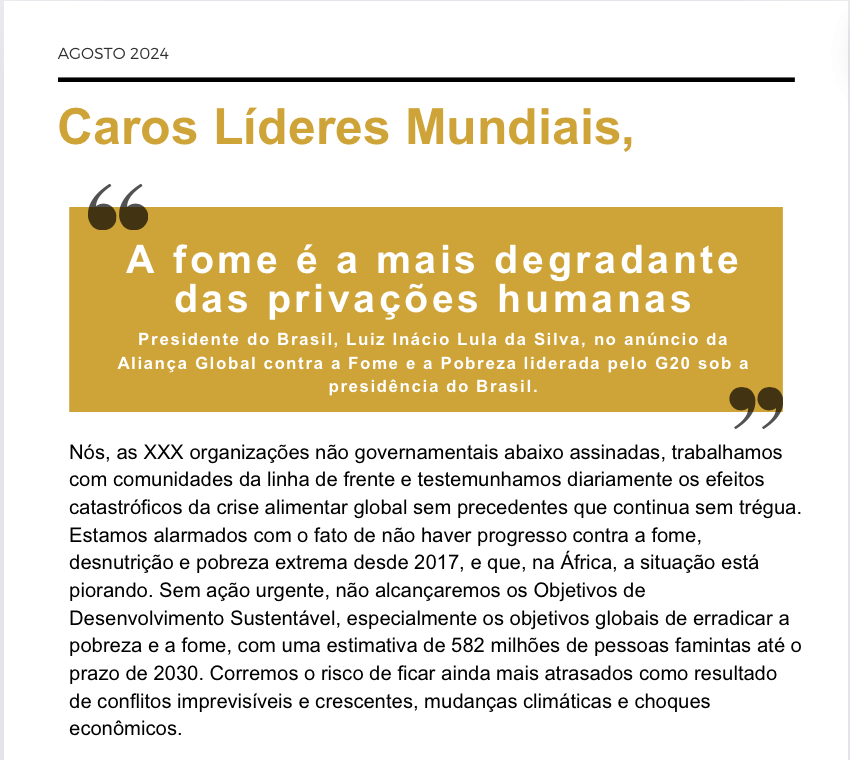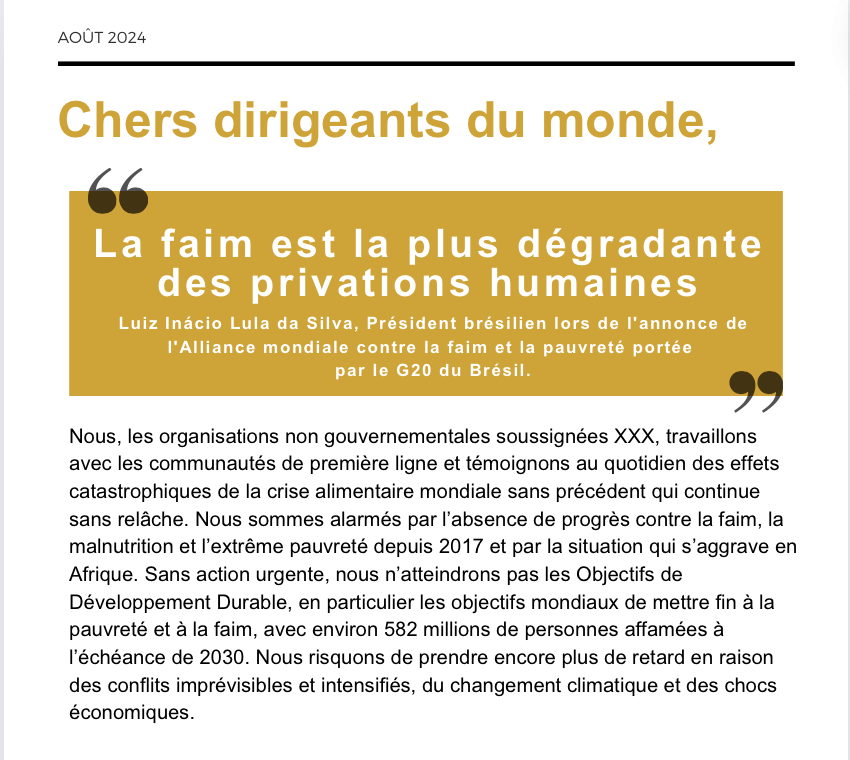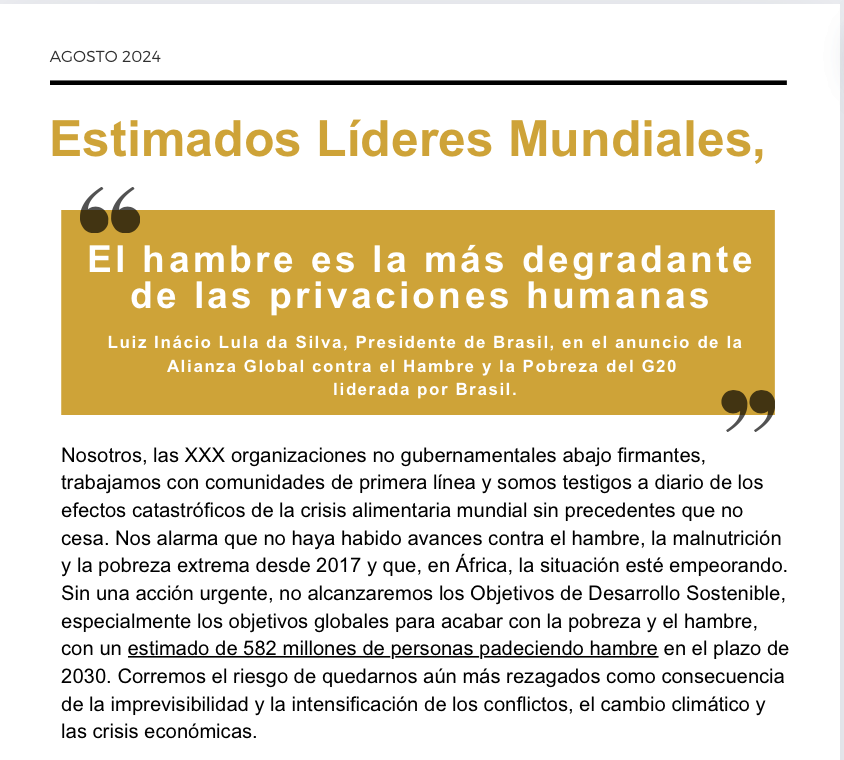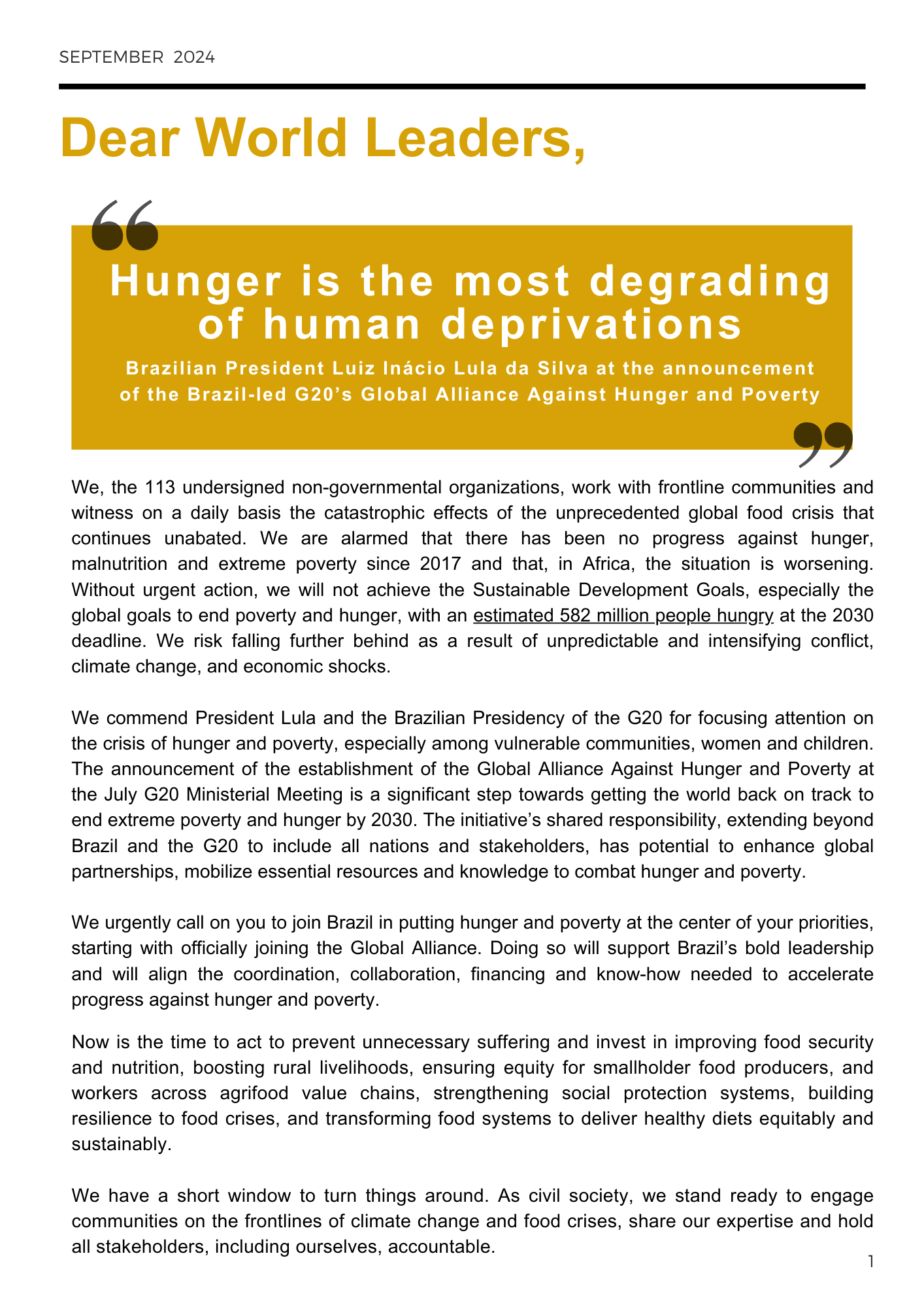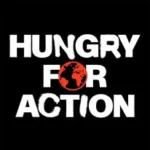About the Global Alliance Against Hunger and Poverty
On July 24, two key events took place in Rio de Janeiro, Brazil:
-
President Lula da Silva announced the Brazil G20-led Global Alliance Against Hunger and Poverty.
-
The UN released its flagship annual State of Food Security and Nutrition in the World 2024, commonly known as the SOFI report.
These two moments underscore the urgency for action ahead of the November G20 Summit. The world is off-track to achieve the SDGs, including the global goals to end extreme poverty (SDG1) and to end hunger and all forms of malnutrition (SDG2).
According to the 2024 SOFI Report, approximately 733 million people faced hunger, with 1 in 11 people worldwide and 1 in 5 people in Africa affected. Child hunger and malnutrition are at their worst in generations: 148.1 million children under five are stunted and 45 million children wasted, the most life-threatening form of malnutrition that will have devastating life-long consequences for the health and well-being. The report warns that more countries are off track than on track to achieve the seven global nutrition targets as the double burden of malnutrition continues to increase unchecked.
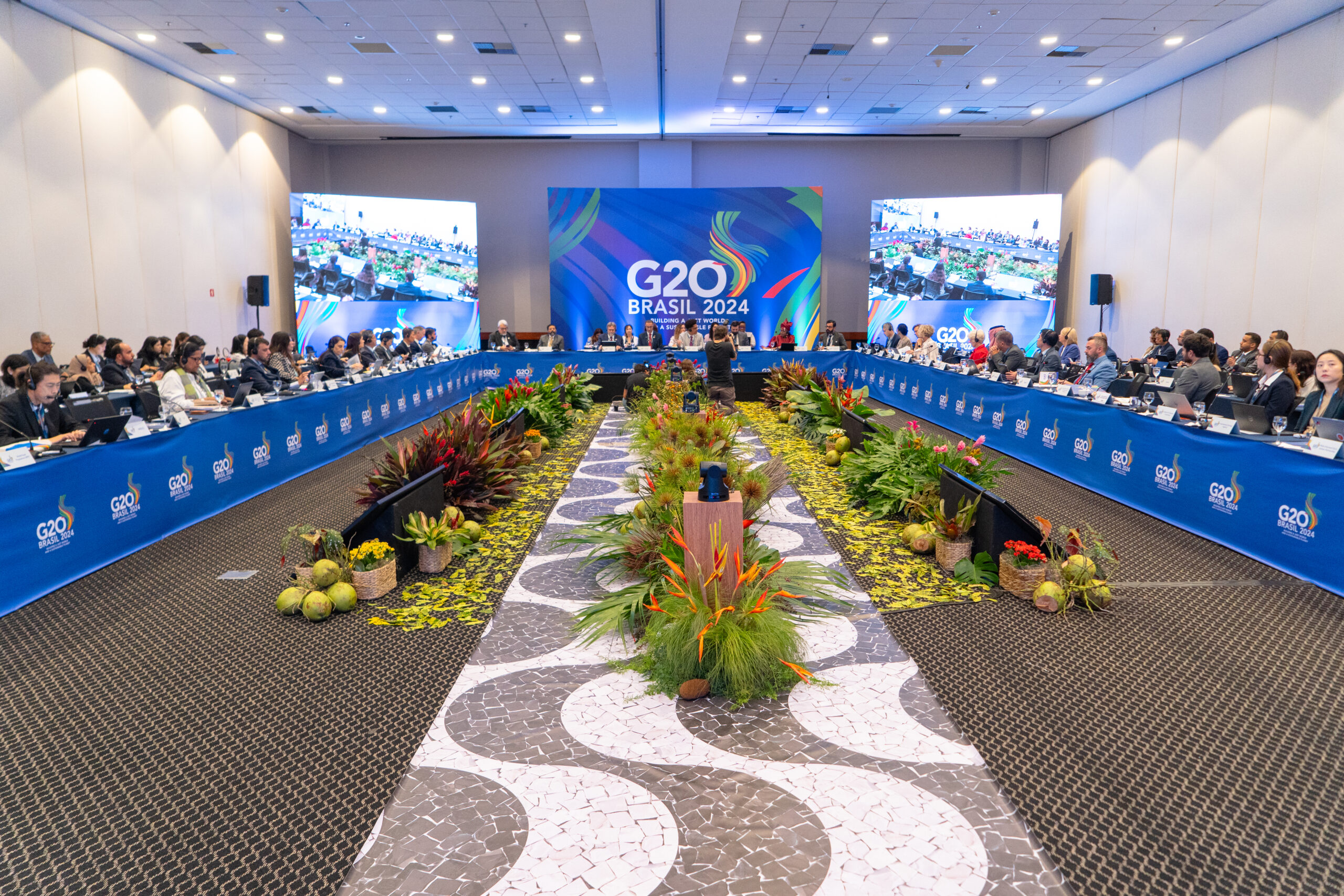
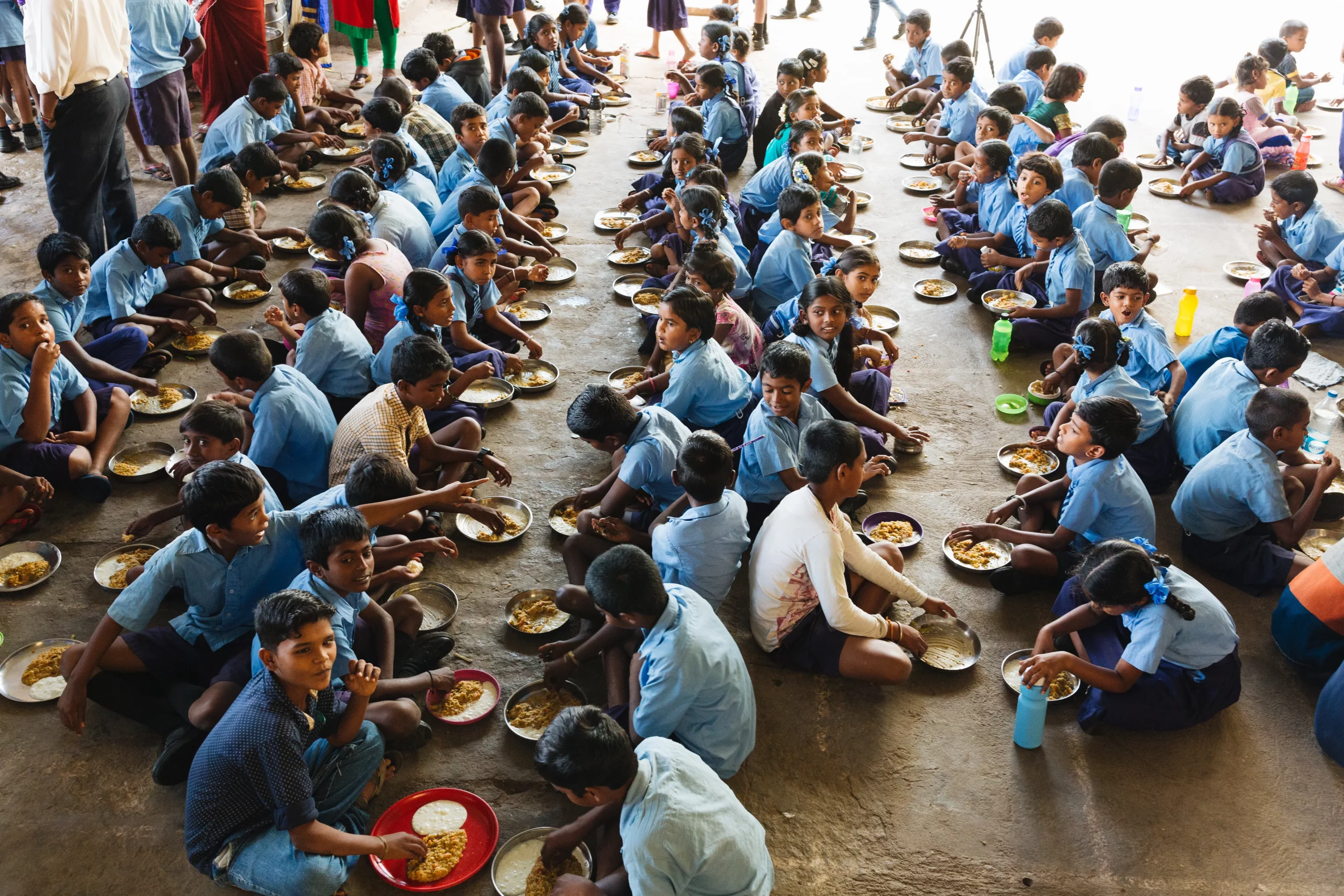
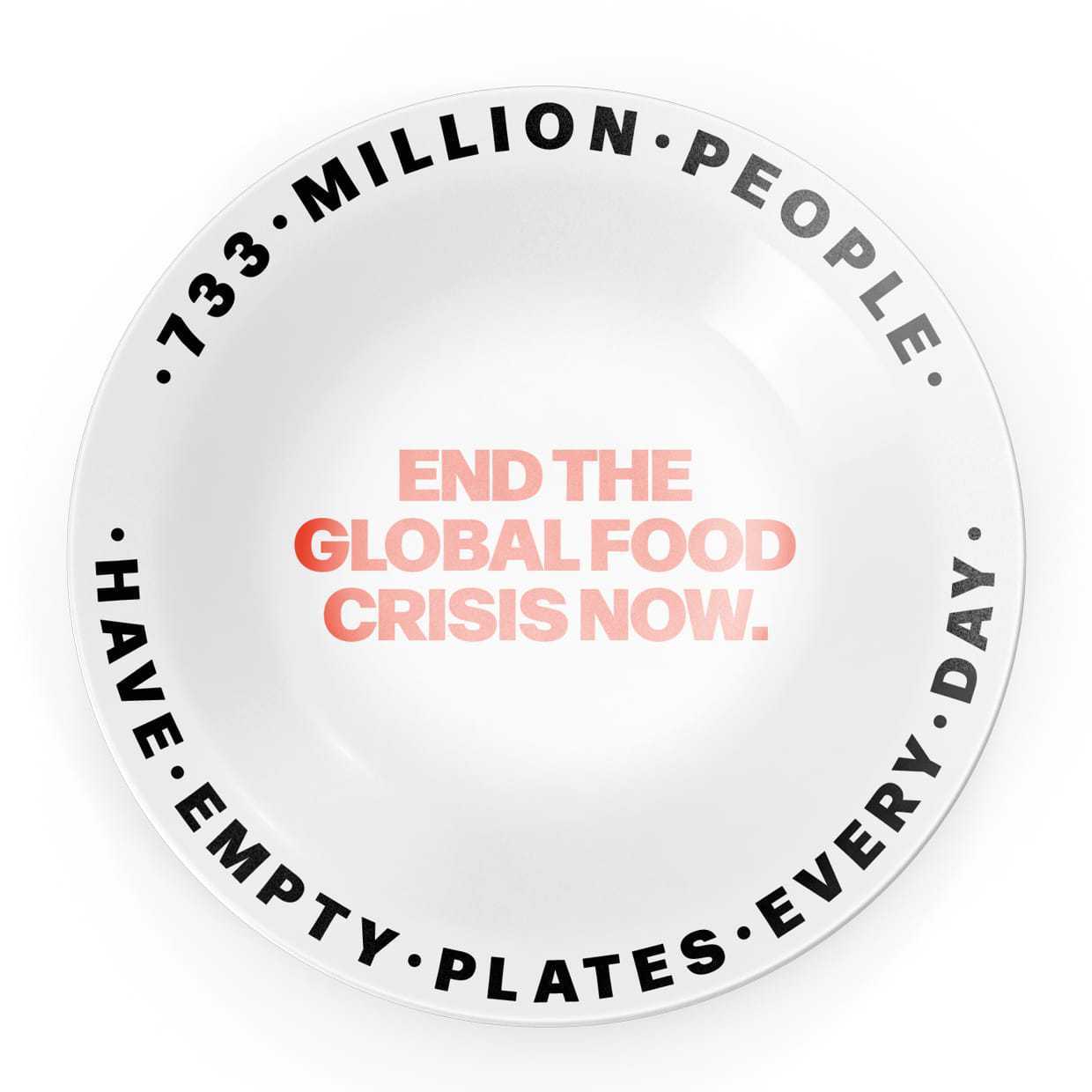
These two moments underscore the urgency for action ahead of the November G20 Summit. The world is off-track to achieve the SDGs, including the global goals to end extreme poverty and to end hunger and all forms of malnutrition.
According to the 2024 SOFI Report, approximately 733 million people faced hunger, with 1 in 11 people worldwide and 1 in 5 people in Africa affected. Child hunger and malnutrition are at their worst in generations: 148.1 million children under five are stunted and 45 million children wasted, the most life-threatening form of malnutrition that will have devastating life-long consequences for the health and well-being. The report warns that more countries are off track than on track to achieve the seven global nutrition targets as the double burden of malnutrition continues to increase unchecked.
Nearly one-third of the global population—2.33 billion people—face food insecurity. In Africa, 58% of the population faces extreme food insecurity. Acute food insecurity reached a historic high of 281.6 million people across 59 countries, and 36 million people in 39 countries were on the brink of famine.
Economic barriers further exacerbate these challenges. The World Bank estimates that COVID-19 increased extreme poverty in the world from 8.9 percent in 2019 to 9.7 percent in 2020 for the first time in decades. An additional 23 million people were pushed into extreme poverty for a total of 712 million people in 2022. The poorest countries, and children were disproportionately affected. It is estimated that 2.83 billion people are unable to afford healthy diets in 2023 and approximately 30% of women globally are experiencing moderate to severe food insecurity.
Humanitarian needs are escalating, with nearly 300 million people, including 1 in 5 children affected by conflict, requiring assistance in 2024. Additionally, displacement due to food crises has surged, impacting over 90 million people, with a significant portion being internally displaced.
The global food crisis is driven by a combination of conflict, economic shocks, climate extremes and persistent poverty and inequality. If current trends continue, in 2030 about 582 million people – half of them in Africa – will be chronically undernourished. Immediate and comprehensive actions to address these drivers and the financing to scale up interventions to save lives, build resilience and secure the future are essential to reverse the trend in the countries most affected and put the world back on track to end hunger by 2030.
The Global Alliance’s establishment marks a pivotal moment in the global effort to eradicate hunger and poverty. The initiative is a shared responsibility, extending beyond Brazil and the G20 to include all nations and stakeholders. The Global Alliance seeks to enhance global partnerships, mobilize essential resources, as well as disseminate knowledge and successful policies and practices to combat hunger and poverty on a worldwide scale.
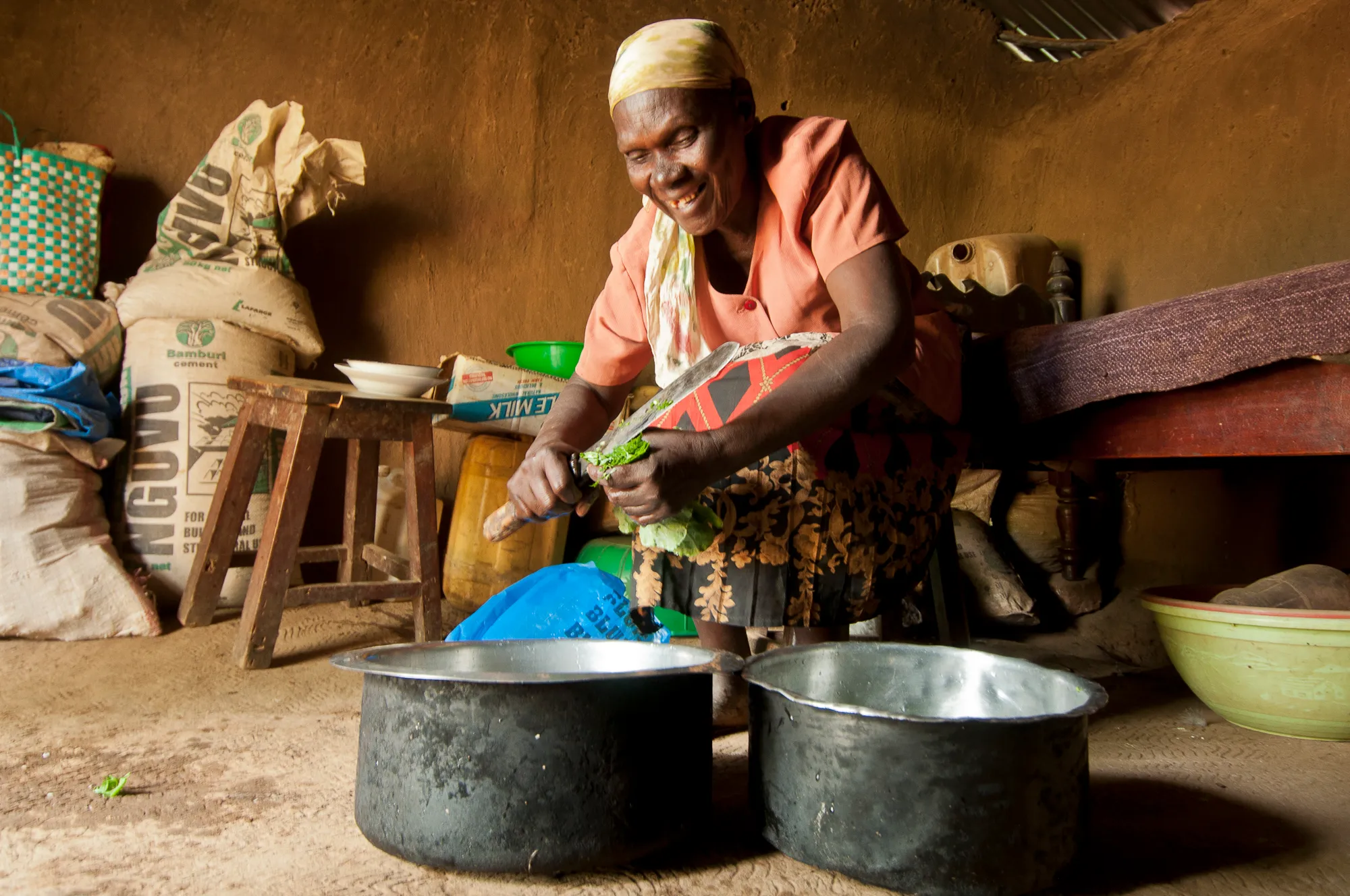
The Brazilian government has extensive expertise and received international acclaim for their poverty-reduction ventures, such as the Bolsa Família conditional cash programme for stabilizing household incomes. The Global Alliance’s Policy Basket draws from Brazil’s experience and other best practices and approaches. The types of policies and programs that are included are determined by objective criteria: 1) Well-defined policy instruments, with a clear scope; 2) Implemented/implementable by governments; 3) Evidence-based; 4) Primarily reaching out to people persons experiencing poverty and hunger; 5) Contributing primarily to reach Sustainable Development Goals 1 and 2.
This Global Alliance, anchored in the principles of food security and nutrition, represents the core of Brazil’s G20 presidency agenda to eliminate hunger and extreme poverty by 2030. It offers a tremendous opportunity to get back on track to achieve SDG1 and 2, with benefits for the broader 2030 Agenda.
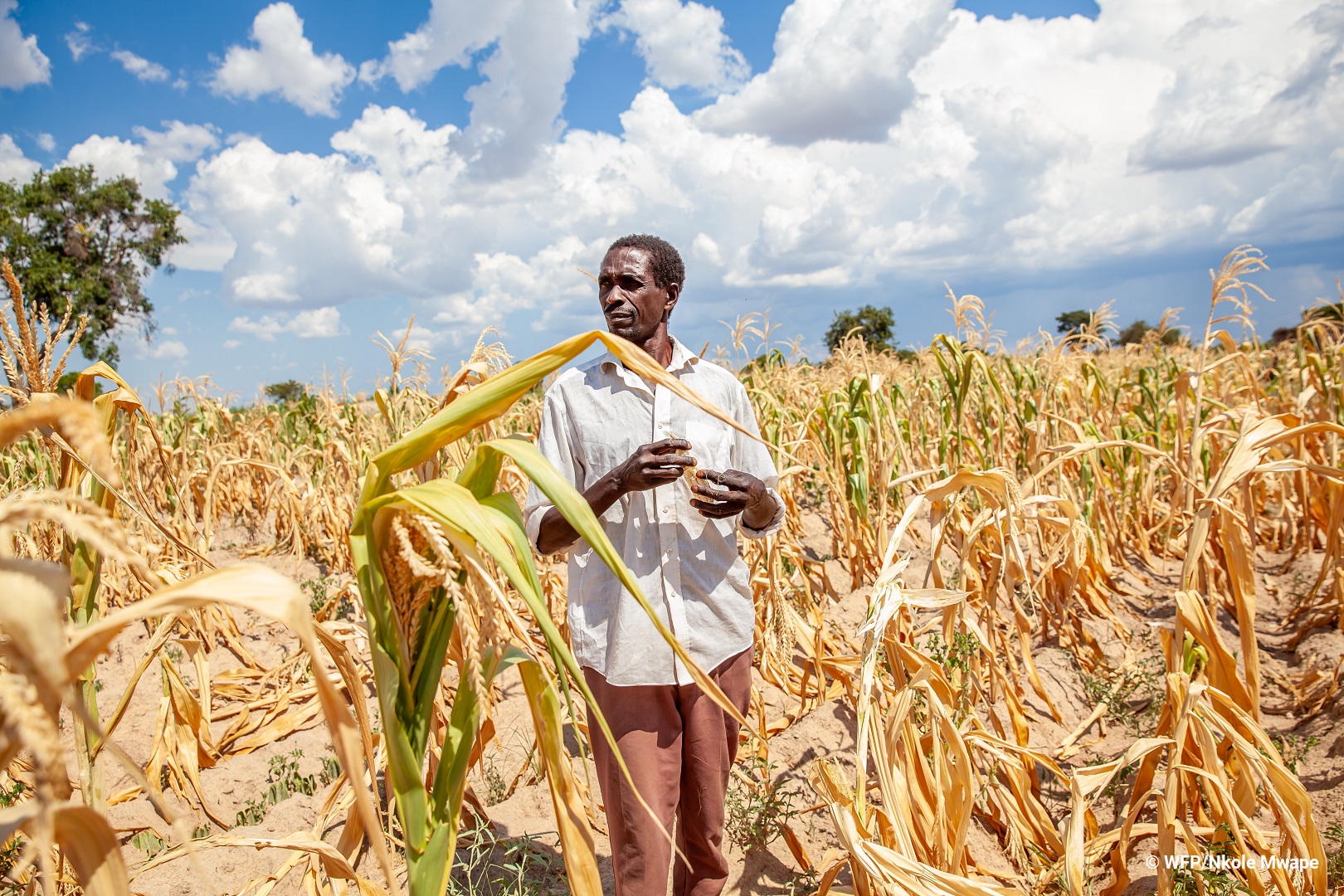
The Global Alliance will be officially launched in November at the G20 Summit. Between now and then, it is critical to raise awareness about and build support for the Global Alliance and to urge world leaders to formally join. Countries can join the Global Alliance by submitting a Statement of Commitment detailing how a state plans to support the initiative to the Brazilian G20 Presidency – find a template document here.
This would demonstrate strong collective and national level political will to elevate and prioritize ending extreme poverty, hunger and malnutrition, which is key to mobilizing the financing that is needed, including through the World Bank’s IDA21 Replenishment in December and the Nutrition for Growth Summit in France in March 2025.
To demonstrate the support of civil society, we hope you will sign on to this open letter calling on world leaders to support and join the Global Alliance by submitting a Statement of Commitment:
Open Letter
Dear UN Member States,
We, the undersigned 118 non-governmental organizations, work with frontline communities and witness on a daily basis the catastrophic effects of the unprecedented global food crisis that continues unabated. We are alarmed that there has been no progress against hunger, malnutrition and extreme poverty since 2017 and that, in Africa, the situation is worsening. Without urgent action, we will not achieve the Sustainable Development Goals, especially the global goals to end poverty and hunger, with an estimated 582 million people hungry at the 2030 deadline. We risk falling further behind as a result of unpredictable and intensifying conflict, climate change, and economic shocks.
We commend President Lula and the Brazilian Presidency of the G20 for focusing attention on the crisis of hunger and poverty, especially among vulnerable communities, women and children. The announcement of the establishment of the Global Alliance Against Hunger and Poverty at the July G20 Ministerial Meeting is a significant step towards getting the world back on track to end extreme poverty and hunger by 2030. The initiative’s shared responsibility, extending beyond Brazil and the G20 to include all nations and stakeholders, has potential to enhance global partnerships, mobilize essential resources and knowledge to combat hunger and poverty.
We urgently call on you to join Brazil in putting hunger and poverty at the center of your priorities, starting with officially joining the Global Alliance. Doing so will support Brazil’s bold leadership and will align the coordination, collaboration, financing and know-how needed to accelerate progress against hunger and poverty. Now is the time to act to prevent unnecessary suffering and invest in improving food security and nutrition, boosting rural livelihoods, ensuring equity for smallholder food producers, and workers across agrifood value chains, strengthening social protection systems, building resilience to food crises, and transforming food systems to deliver healthy diets equitably and sustainably.
We have a short window to turn things around. As civil society, we stand ready to engage communities on the frontlines of climate change and food crises, share our expertise and hold all stakeholders, including ourselves, accountable.
We call on:
- All leaders make a statement of commitment to the Global Alliance.
- G20 leaders to deliver a robust 21st Replenishment of the World Bank’s IDA, to support the implementation of the Global Alliance.
- National governments to increase funding for food security, nutrition and social protection in national budgets alongside sufficient funding for climate adaptation, and to make new policy and funding commitments at the 2025 Paris Nutrition for Growth Summit and other global pledging moments.
Signed
Ação da Cidadania, Brasil
Action Against Hunger, Ethiopia
Alabaster International, United States of America
Alliance Nationale Contre la Faim, Mali
Alliance to End Hunger, United States of America
ASAPSU, Côte d’Ivoire
Associação Águas do Nordeste, Brasil
Associação de Assistência à Mulher, ao Adolescente e a Criança Esperanca, Brasil
ARDH – ASSOCIAÇÃO DE RESGATE DA DIGNIDADE HUMANA
Association for Farmers Rights Defense, Georgia
Association For Promotion Sustainable Development, India
Access to Nutrition Initiative, Switzerland
Banka Earth Foundation, India
BasicNeeds, Ghana
Baylor University, United States of America
Bread for the World, United States of America
Brookings Institution, United States of America
Canadian Foodgrains Bank, Canada
Catholic Relief Services, United States of America
Centre for Communities Education and Youth Development, Ghana
Centre for Ecological and Community Development Deve, Nigeria
Chemonics, Guatemala
Christian Leaders’ Training College, Papua New Guinea
Church World Service, United States of America
Cohesion and Society Rehabilitation Ltd, Uganda
Coletivo Literário Tereza de Benguela, Brasil
Comida do Amanhã Institute, Brazil
Community And Family Aid Foundation, Ghana
Concern Worldwide, Ireland
CRIOLA, Brasil
DISABILITY PEOPLES FORUM UGANDA, Uganda
Eastern Africa Farmers Federation, Kenya
EAT, Norway
Edesia Nutrition, United States of America
Eleanor Crook Foundation, United States of America
Espaco terapeutico e de educacao popular Cura da Alma, Brasil
Forum Nacional de Segurança Alimentar e Nutricional dos Povos de Matriz
Africana, Brasil
Food and Land Use Coalition, Global
Fundación Paraguaya, Paraguay
G20 Interfaith Forum Association, United States of America
Gaia Social, Brazil
GEPPAAS/UFMG, Brasil
Ghana Co-operative Agriculture producers and Marketing Association, Ghana
Grupo de Institutos, Fundações e Empresas, Brasil
Global Alliance for Improved Nutrition, United Kingdom
Global Citizen, United States of America
Global Health Advocates, France
Global Shield, United States of America
Grand Challenges India at BIRAC, India
Green Economy Coalition /IIED Europe, Spain
Greenate, Namibia
Grupo de pesquisa sobre fome e relações internacionais, Brazil
Health Promotion Tanzania, Tanzania
Helen Keller International, United States of America
HelpAge Deutschland, Germany
HIMAYA DAEEM AATAA, Lebanon
Humane Society International, Brasil
Hungry for Action, United Kingdom
Instituto Árvores Vivas para Conservação e Cultura Ambiental, Brasil
Instituto Comida e Cultura, Brasil
Instituto Dara, Brasil
Instituto de Defesa de Consumidores, Brasil
Instituto Regenera, Brazil
International Medical Corps, Uganda
International Rescue Committee, United States of America
Jeunesse du Monde en Action, France
Joint Learning Initiative on Faith and Local Communities, United States of America
Kamukunji Paralegal Trust, Kenya
Lanka Fundamental Rights Organization, Sri Lanka
Maison Future Récolte, D.R. Congo
Mercy For Animals, USA
Micah Australia, Australia
Micronutrient Forum, United States of America
Movimento Baía Viva, Brasil
Movimento Urbano de Agroecologia MUDA, Brasil
N4D, United Kingdom
Núcleo Especial de Atenção à Crinça, Brasil
OAB GUARULHOS, Brasil
One Acre Fund, United States of America
ONG ADIG, Mauritanie
Paropakar Primary Health Care Centre PPUK, Nepal
Plan International, India
Plataforma CIPÓ, Brazil
Princess of Africa Foundation, South Africa
Quiva fillas Educational Foundation, Nigeria
Real Food Systems Youth Network, Switzerland
REDE PENSSAN, Brasíl
Refood, Portugal
REPAM-BRASIL, Brasil
Restless Development Uganda, Uganda
Results Canada, Canada
Save the Children International, Global
Scaling Up Nutrition Civil Society Network, United Kingdom
SDG2 Advocacy Hub, United Kingdom
Shamba Centre for Food and Climate, Switzerland
Sharing Strategies, United Kingdom
Soroptimist International, United Kingdom
Soulbeegood, Brasil
Stronger Foundations for Nutrition, Netherlands
Suruwat, Nepal
TB People Nepal, Nepal
The Consortium of African Youth On Climate Change (CAYACC), Zambia
The Ishola Empire Incorporated, United States of America
The ONE Campaign, Ireland
The People’s Matrix Association, Lesotho
The Power of Nutrition, United Kingdom
Union des Amis Socio Culturels d’Action en Developpement, Haiti
UNICEF, Guinee
United Against Malnutrition & Hunger, United Kingdom
United Nations Association of the National Capital Area, United States of America
United Social Welfare Society, Pakistan
University for Development Studies, Ghana
WACI Health, Ethiopia
World Medical Association, France
World Vision International, United Kingdom
WWF-Brasil, Brasil
Youths Enterprise Development and Innovation Society, Nigeria
